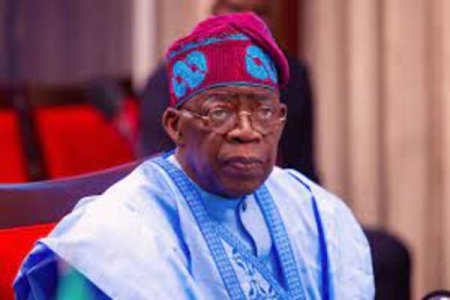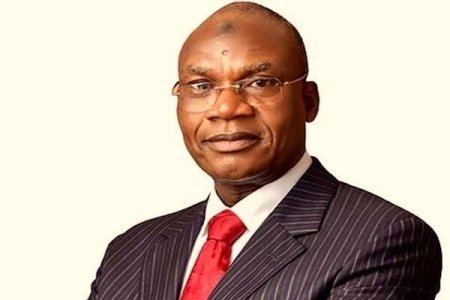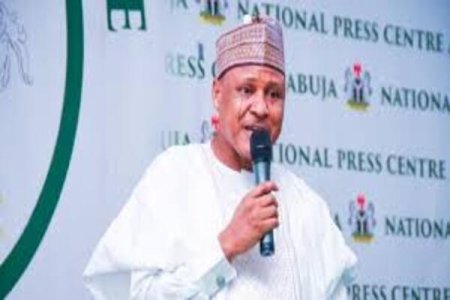
The Economic and Financial Crimes Commission (EFCC) has filed a notice of withdrawal to discontinue an appeal against an order of a Kogi High Court restraining the agency from arresting Yahaya Bello, the former governor of the state. This decision, announced on April 22, has sent shockwaves through Nigeria's legal and political circles, sparking debates over the implications for the rule of law and the fight against corruption.
According to the notice filed by the EFCC's counsel, J.S Okutepa, SAN, the withdrawal is attributed to the fact that events have overtaken the appeal, coupled with the acknowledgment that the appeal was filed beyond the time allowed by law. This admission raises eyebrows and prompts questions about the timing and motives behind the EFCC's decision to backtrack on its legal pursuit of Bello.
The legal saga involving Yahaya Bello began with his fundamental rights enforcement suit, filed on February 8, in which he alleged political persecution and sought protection from what he described as incessant harassment and threats by the EFCC. The subsequent interim injunction granted by the Kogi High Court on February 9 restrained the EFCC from further harassment pending the hearing of the substantive motion.
However, the EFCC's persistence led to an appeal against the interim injunction, arguing that it couldn't be restrained from carrying out its statutory responsibilities. This appeal, now withdrawn, faced scrutiny due to its timing and its clash with the Kogi High Court's subsequent decision on April 17, which reaffirmed the injunction and directed the EFCC to file charges if necessary.
The withdrawal of the appeal comes amidst heightened tensions, exemplified by the recent "siege" on Bello's Abuja residence by EFCC operatives. With a warrant of arrest against him and pending charges related to alleged financial misconduct, Bello's legal troubles are far from over, despite the EFCC's retreat from this particular appeal.




